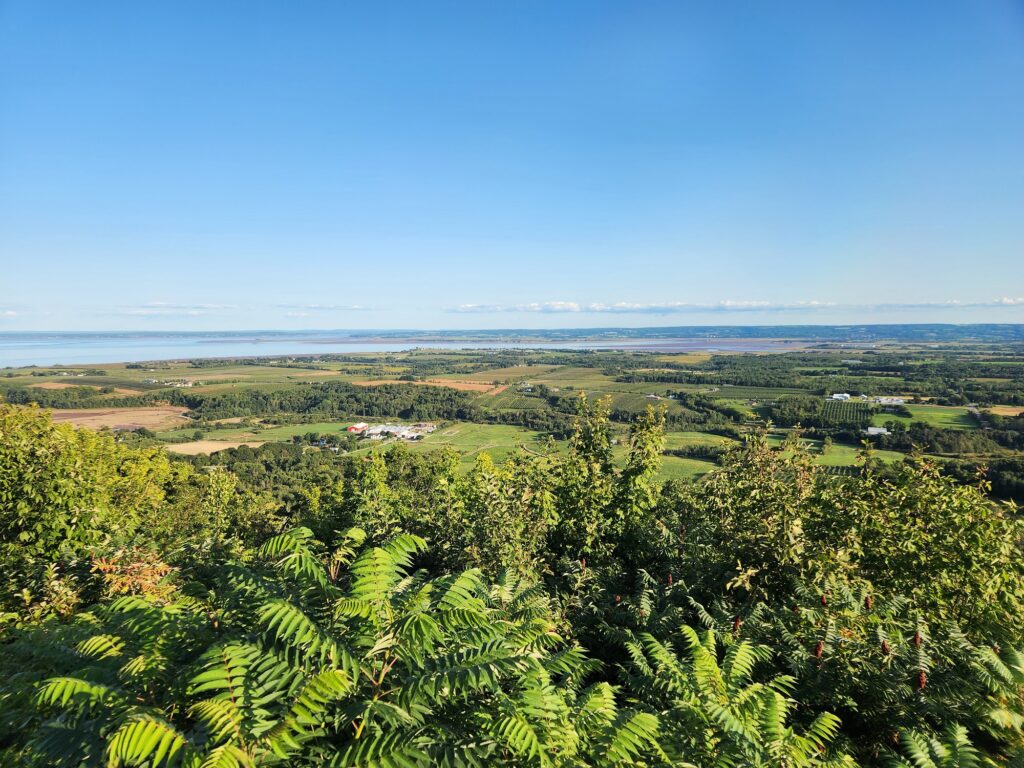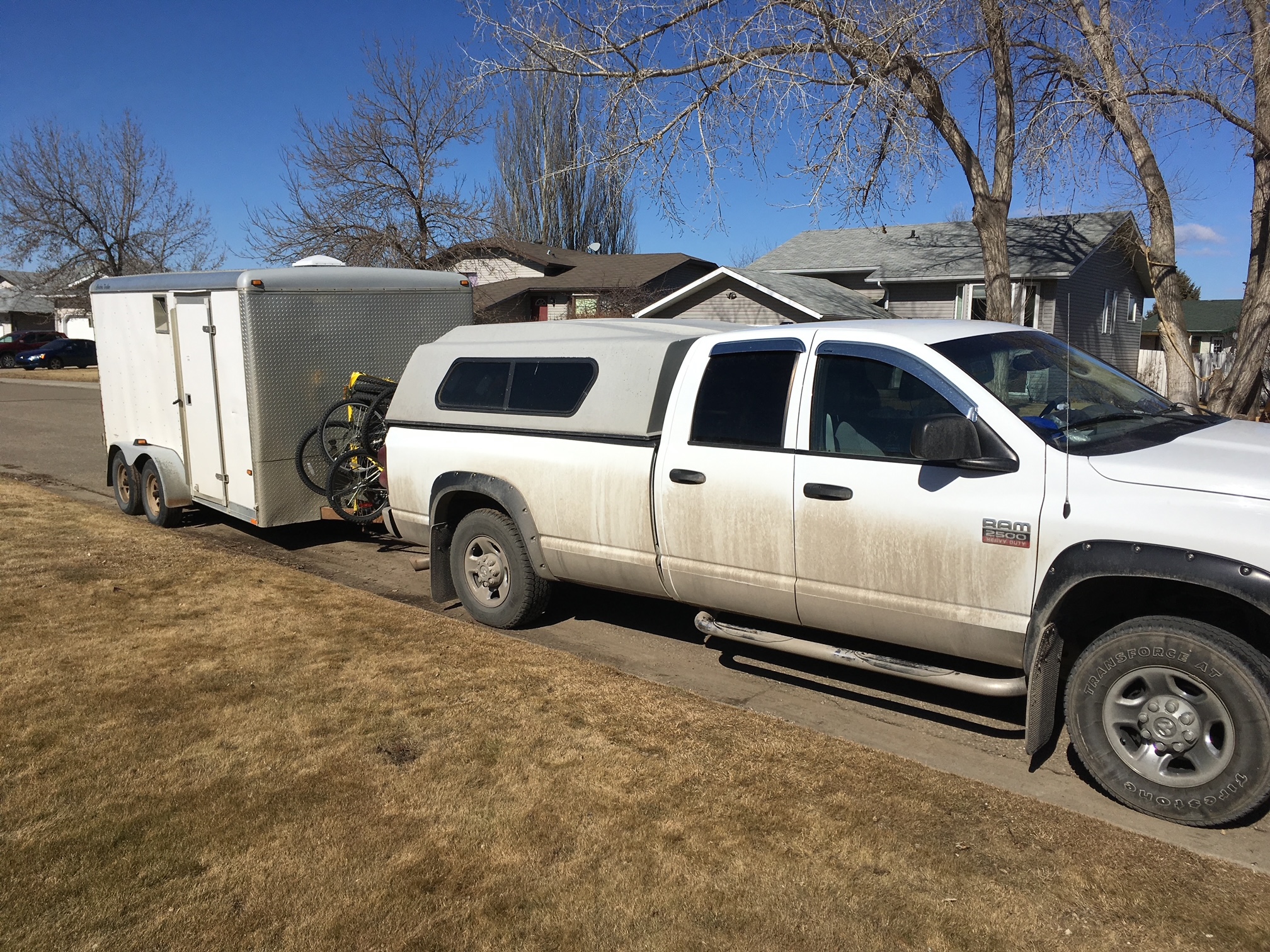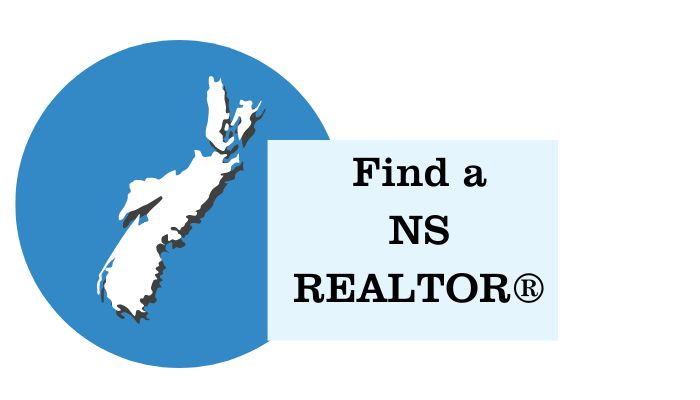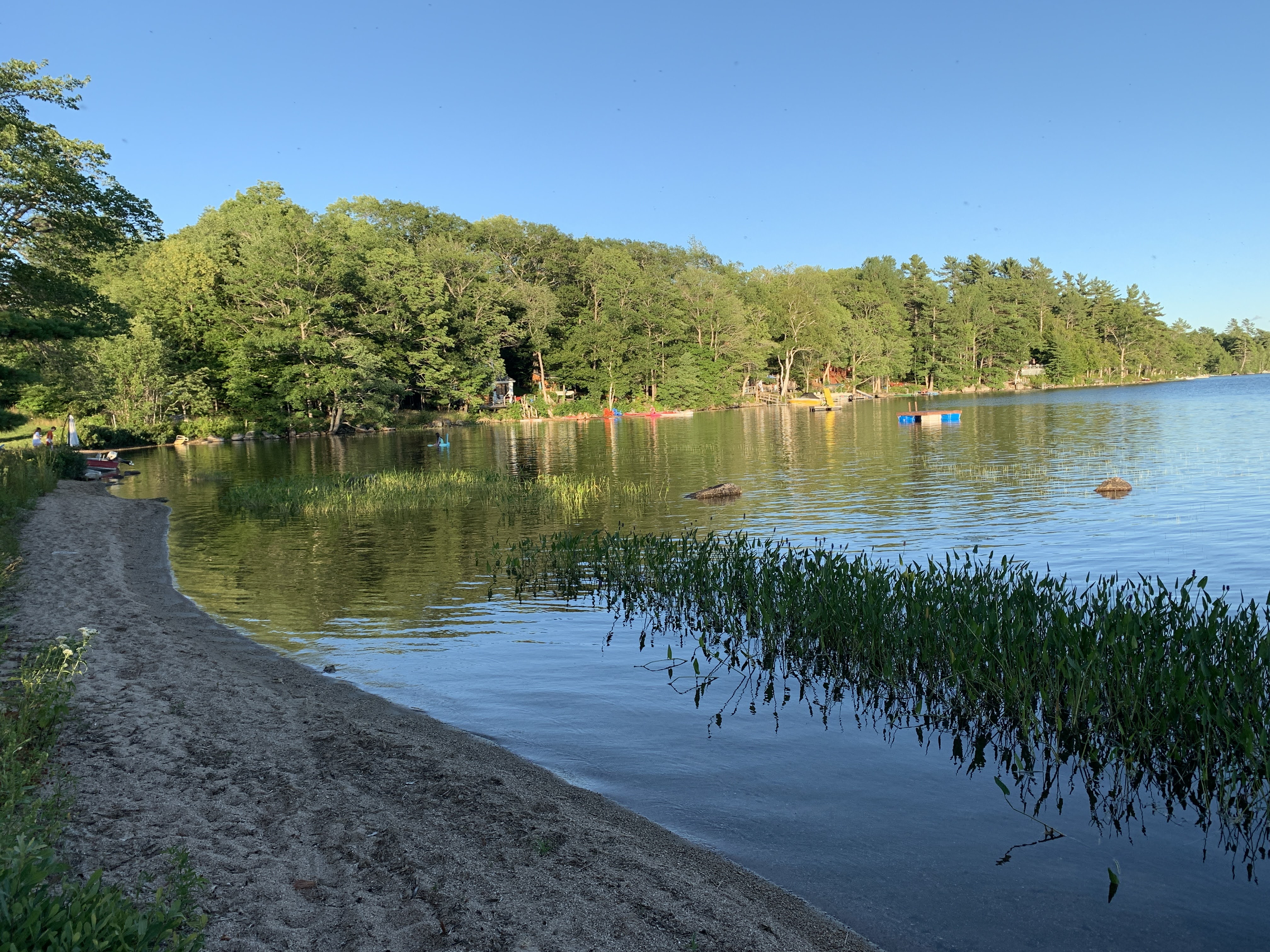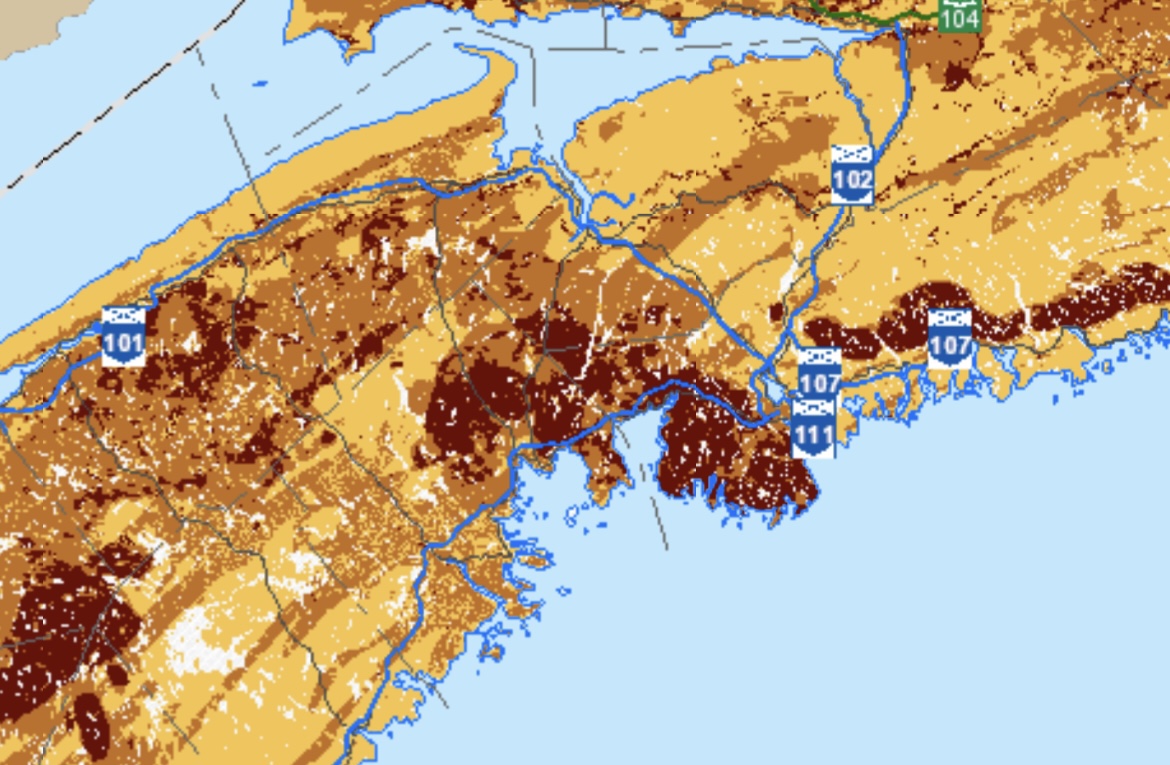
If you’re thinking of buying a home in Nova Scotia, or if you already own a home in Nova Scotia, it’s important to know the facts about radon.
What is Radon?
Radon is a colorless, odourless, and tasteless radioactive gas that forms naturally in the ground. It’s a byproduct of the decay of uranium, a common element in soil and rocks. When radon is released from the ground, it can seep into buildings, particularly through basements and crawl spaces. This makes it one of the leading causes of lung cancer in non-smokers. Prolonged exposure to elevated radon levels can have severe health consequences, making it crucial for Nova Scotia homeowners to take action.
Why Is Radon a Concern in Nova Scotia?
Nova Scotia has unique geological characteristics that make it prone to radon infiltration. The province is rich in granite and other rocks that contain higher levels of uranium. When these rocks break down, radon is released, and it can easily find its way into your home through cracks and openings in the foundation.
You can view the Radon Risk Map, produced by the Government of Nova Scotia.
The Canadian Guideline for Radon recommends that indoor radon levels should not exceed 200 becquerels per cubic meter (Bq/m³). Unfortunately, many homes in Nova Scotia have radon levels that exceed this guideline, putting residents at risk.
Radon levels are not tested by home inspectors as a matter of course, as the testing must run over the course of multiple weeks.
Protecting Your Home
Radon Testing: The first step in protecting your home is to conduct a radon test. Most Nova Scotia libraries offer home radon testing kits that you can borrow for free for two weeks. You can also purchase a do-it-yourself radon test kit, or hire a professional to assess your home’s radon levels. Testing should be done in the lowest livable area of your home (usually the basement or crawl spaces).
Mitigation: If your test results indicate elevated radon levels, it’s essential to mitigate the issue. Radon mitigation systems are designed to redirect radon gas away from your living space. These systems typically involve a fan and a ventilation pipe that safely expels radon outdoors.
Ventilation: Proper ventilation is key to reducing radon levels. Ensure your home is well-ventilated, and consider sealing any cracks or openings in your foundation to prevent radon from entering.
Radon is a hidden threat that every Nova Scotia homeowner should take seriously. By testing your home, investing in mitigation systems, and practicing good ventilation, you can protect your family and loved ones from the dangers of radon.

